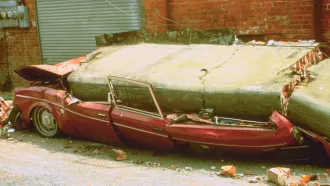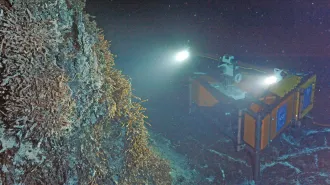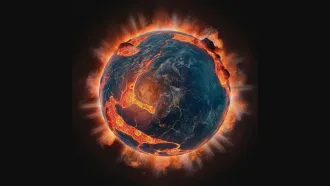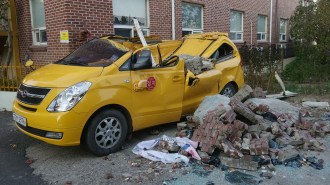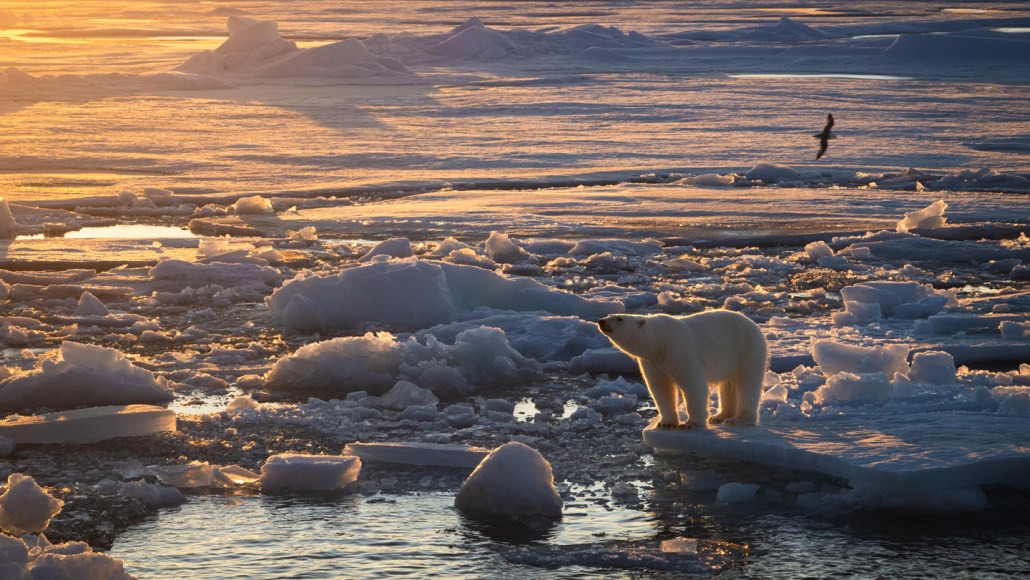
Climate
Polar bears in the Barents Sea are staying fat despite rapid sea ice loss
Polar bears can struggle to adapt to climate change. Bears on Svalbard may be surviving on land prey and seals — but scientists warn it may not last.
